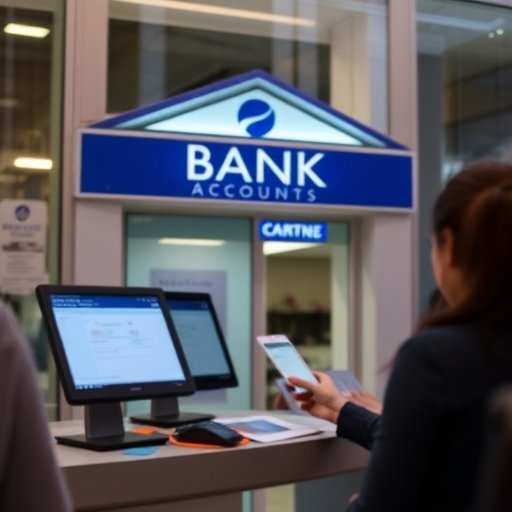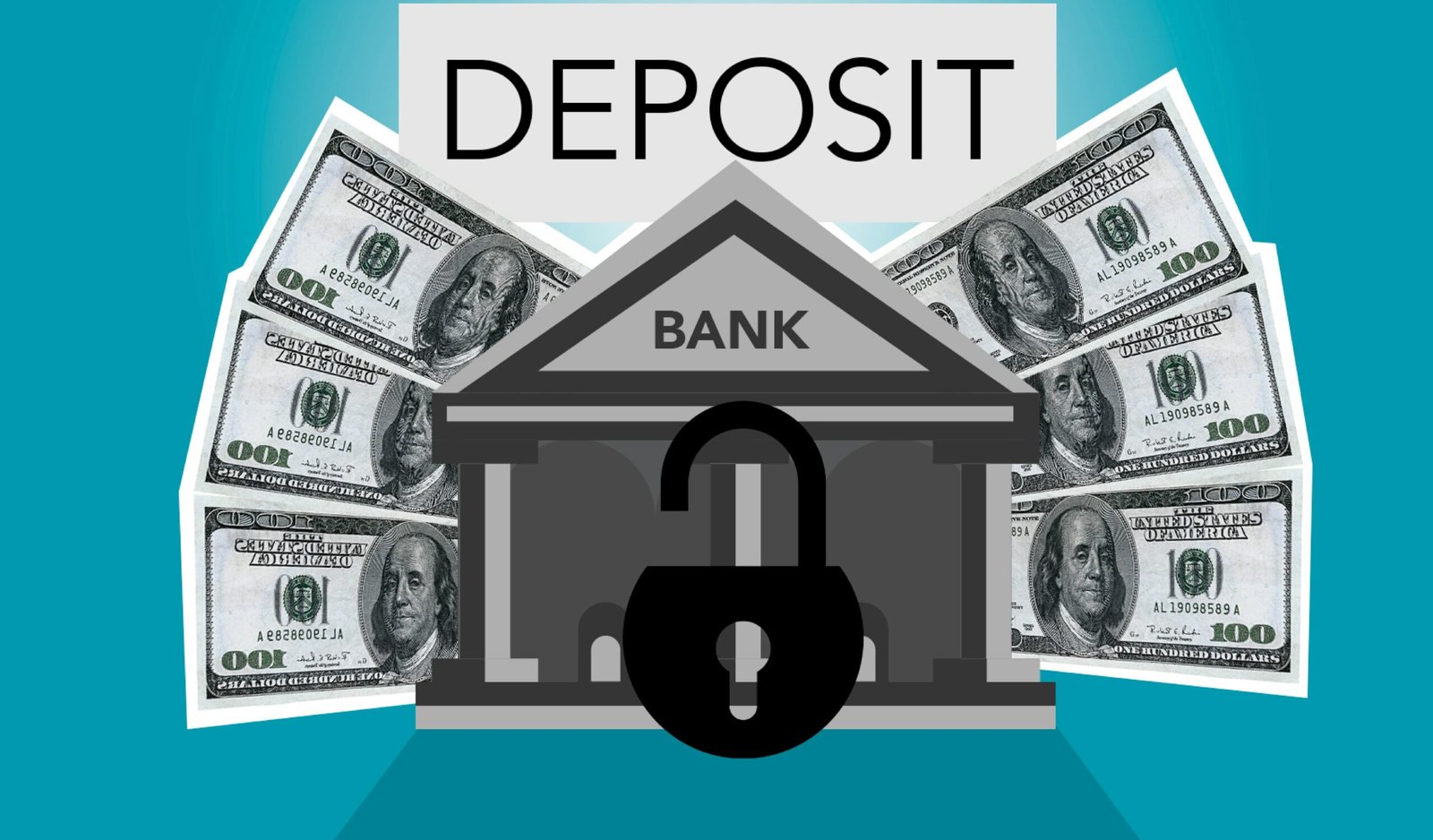
Bank Account Introduction
bank account is a basic tool for handling money. It keeps your funds safe and secure.Keeping large amounts of cash is risky. It can be lost, stolen, or damaged. A bank account protects against these risks.
With a bank account, you can easily manage your finances. You can track and control your spending and savings.
Bank accounts are important for everyday transactions. They help with paying bills, shopping online, and managing finances.
You can transfer money, pay for things, and use services like debit and credit cards. These services make managing money easier.
Businesses also need bank accounts. They use them to pay employees, handle cash flow, and manage transactions.
Banks offer special services for businesses, like loans and credit lines. These help businesses operate smoothly.
Bank accounts also help more people access credit. This helps the economy grow. Digital banking makes it easier for everyone to use bank services.
Checking bank Account

Checking accounts are for everyday use. They let you deposit and withdraw money often.
You use checking accounts for things like paying bills and buying items. You can access your money with checks, online banking, or ATMs.
Checking accounts usually have low or no minimum balance requirements. This makes them easy to use for regular transactions.
However, checking accounts might have fees. These can include monthly charges, ATM fees, or overdraft fees. Some banks might waive these fees if you meet certain conditions.
Overdraft policies are important. They decide what happens if you spend more than you have. Overdraft protection can prevent declines but may involve fees.
Checking accounts don’t usually earn much interest. Their main advantage is easy and fast transactions, making them ideal for daily use.
Savings bank Account
Savings accounts help you save money and earn interest. They are designed to grow your funds over time.
Interest rates vary based on the bank and current conditions. Higher rates help your savings grow faster.
Most savings accounts limit how often you can withdraw money. Typically, you can make up to six withdrawals or transfers each month. Going over this limit might result in fees.
Banks might require a minimum balance to avoid fees. Be sure to understand the terms to make the most of your savings.
Regular savings accounts are good for emergency funds and short-term goals. High-yield savings accounts, usually from online banks, offer better interest rates but might have similar withdrawal limits.
Money Market Accounts
Money market accounts offer higher interest rates compared to regular savings accounts. They also allow some transactions.
These accounts often need a higher minimum balance to open. The interest rates are usually higher because banks invest in low-risk options.
Money market accounts might have strict rules, like maintaining a minimum balance and limiting transactions. Breaking these rules can lead to fees.
These accounts provide a balance between savings and checking accounts. They offer higher interest rates but might require more money to keep in the account.
Certificate of Deposit (CD) Accounts
CD accounts are safe investments that offer fixed interest rates. You must keep your money in the account for a set term.
The term can be from a few months to several years. Early withdrawals usually come with penalties, so it’s best to commit funds you won’t need soon.
Short-term CDs offer quicker access to funds but may have lower rates. Long-term CDs generally offer higher rates in exchange for a longer commitment.
CD accounts are good for steady returns and safe investments. Choose between short-term and long-term based on your financial needs.
Joint Accounts

Joint accounts are shared by two or more people. They are often used by couples, business partners, or family members.
These accounts make it easy to manage shared expenses like bills or business costs. Everyone with access can use the account for these purposes.
Each person has equal access and ownership, which can be tricky in case of disputes. In some places, the surviving account holder gets full control if one person passes away.
Managing a joint account needs clear communication and trust. Regularly check the account and set guidelines for use to avoid conflicts.
Joint accounts offer shared access but require careful thought about legal and financial issues. Make sure it fits your needs before opening one.
Student bank Account
Student accounts are designed for young adults in school. They help with managing money during college or university.
These accounts often have lower fees. Many banks waive monthly charges to help students save money.
Student accounts usually don’t require a minimum balance. This is helpful for students with variable incomes from jobs or financial aid.
Some banks offer overdraft protection with student accounts. They also provide tools and resources for learning about money management.
When students graduate, banks help them transition to regular accounts. They offer guidance to make this transition smooth.
Choosing the Right Bank Account

Choosing the right bank account means finding one that fits your needs and goals. Consider fees, interest rates, services, and accessibility.
Check the fees for maintenance, ATM use, overdrafts, and transfers. Some banks may waive fees if you meet certain conditions.
Interest rates matter if you keep a lot of money in the account. High-yield savings and money market accounts often offer better rates than regular checking accounts.
Look at the services offered, such as online banking and customer support. Some banks offer more services, which might be useful.
Consider the bank’s accessibility. Check if they have convenient branches, ATMs, and online services. For frequent travelers or online users, good digital services are important.
Compare different banks and account types. Use comparison websites, read reviews, and get recommendations. Make a list of your needs to help you decide. compare bank account fees for better choices
